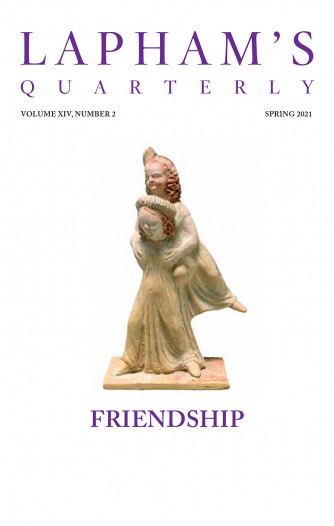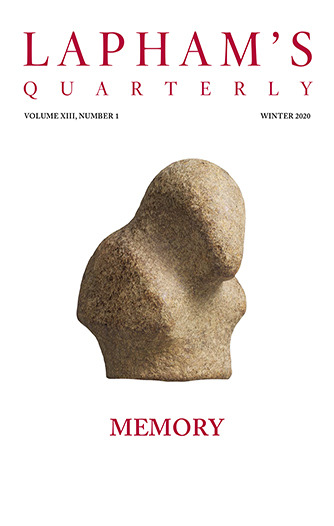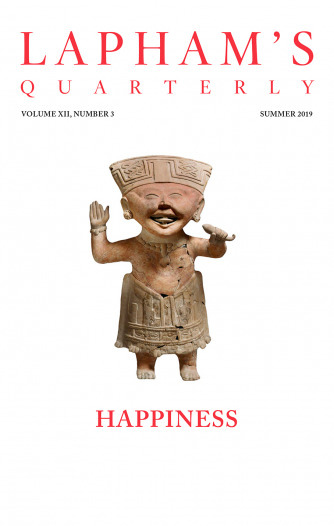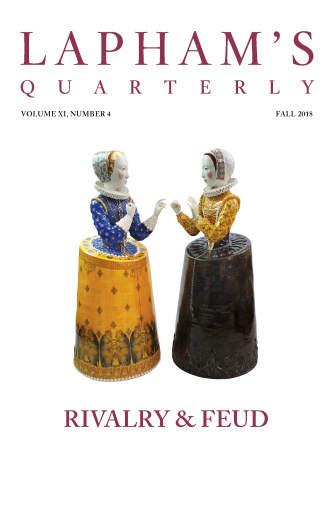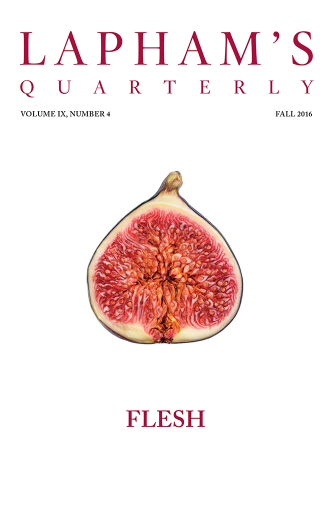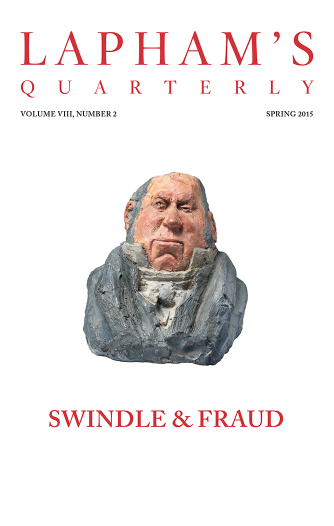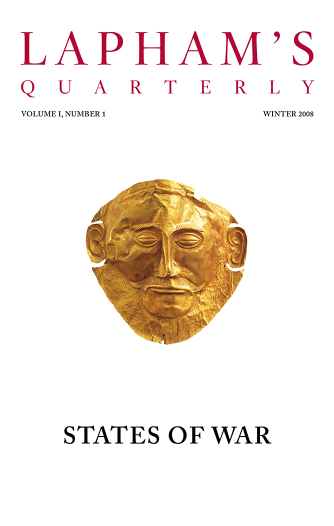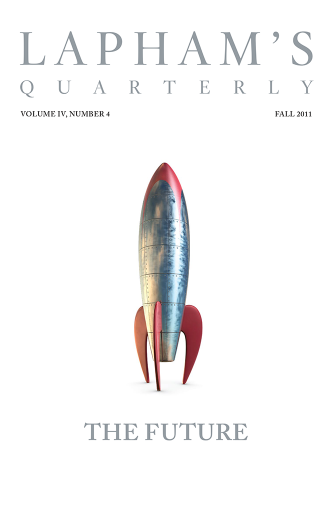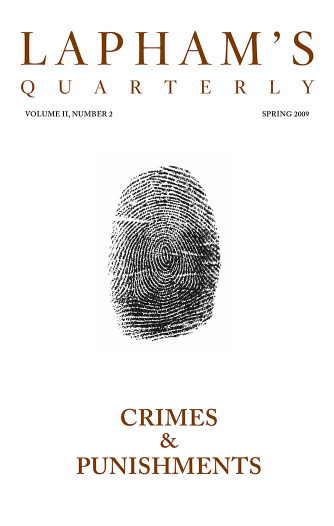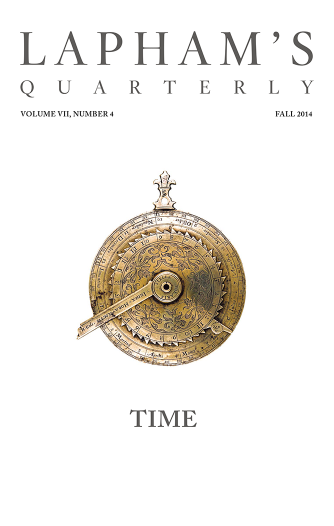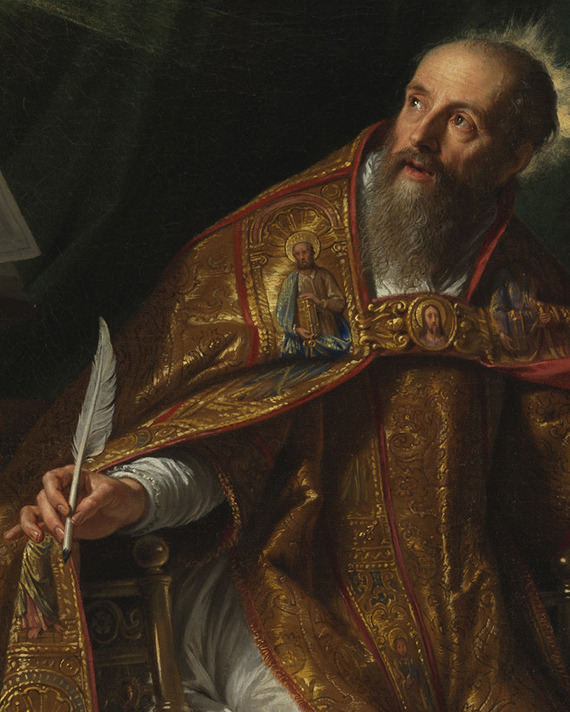
Philippe de Champaigne, c. 1645
Saint Augustine
(354 - 430)
Augustine experienced his conversion while in a garden in Milan in 386; responding to the voice of a child who said, “Pick up and read,” he opened Saint Paul’s epistle to the Romans and read a sentence from it. “I did not need to read further,” he recalled. “It was as though the light of security flooded me and all my doubts fell away.” Augustine was baptized the next year, and became bishop of Hippo in 396, remaining in the post until his death in 430. Lord Byron wrote in Don Juan, “As St. Augustine in his fine Confessions, / Which make the reader envy his transgressions.”
